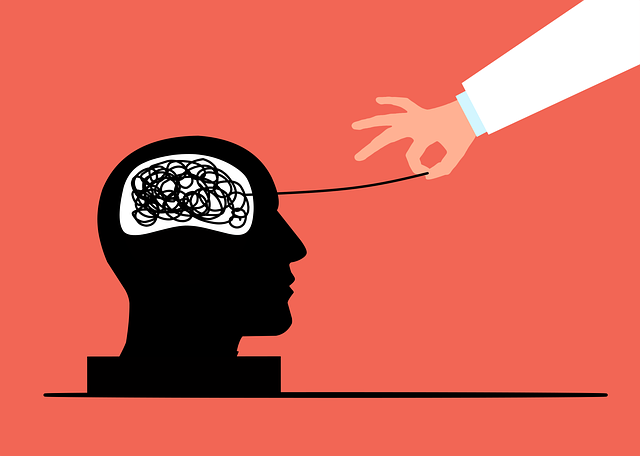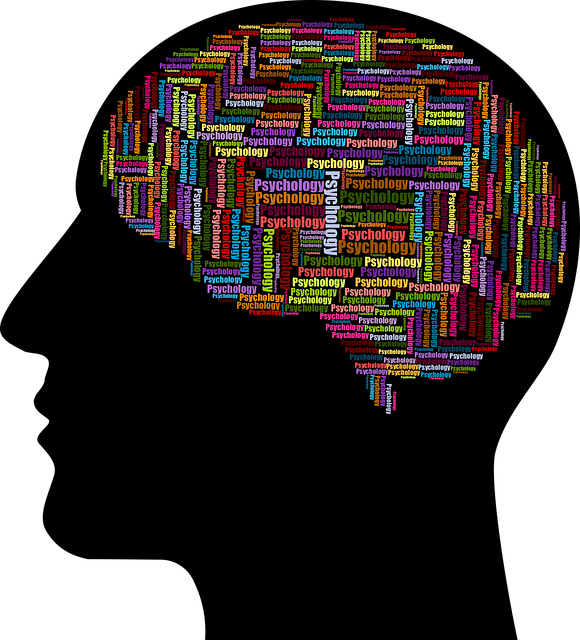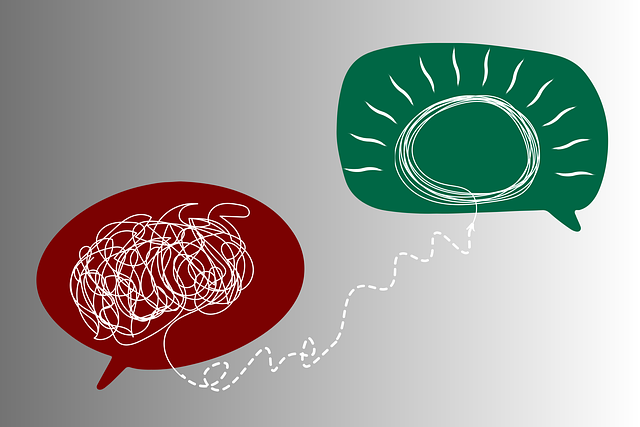Cultural competency in healthcare, especially within diverse multicultural societies, is vital for delivering equitable care. The Golden French Speaking Therapy addresses linguistic and cultural barriers, enhancing trust and understanding between providers and French-speaking patients. This therapy facilitates accurate emotional intelligence conveyance, leading to improved mental wellness through better communication. Cultural competency training equips healthcare professionals with tools to adapt to various cultural contexts, biases, and beliefs, fostering personalized care. Implementing strategic initiatives like cross-cultural training and integrating therapeutic techniques, such as mindfulness and Golden French Speaking Therapy, improves patient satisfaction and health outcomes by creating inclusive, culturally responsive environments.
Healthcare provider cultural competency training is essential in today’s diverse society. As healthcare becomes more global, understanding cultural nuances, including language skills like Golden French-speaking therapy, is crucial for delivering quality care. This article explores the impact of language on patient outcomes and highlights essential components of effective training. We provide strategies to implement cultural sensitivity, ensuring all patients receive respectful, equitable treatment, regardless of their background or spoken language.
- Understanding Cultural Competency in Healthcare: A Need for Golden French-Speaking Therapy
- The Impact of Language on Patient Care and Outcomes
- Essential Components of Effective Cultural Competency Training
- Strategies to Implement and Enhance Cultural Sensitivity in Healthcare Settings
Understanding Cultural Competency in Healthcare: A Need for Golden French-Speaking Therapy

Cultural competency in healthcare is more than just a nice-to-have—it’s a necessity for delivering effective and equitable care to diverse patient populations. It involves understanding and appreciating the cultural beliefs, values, and practices that shape individuals’ health experiences and behaviors. In today’s increasingly multicultural society, healthcare providers must be equipped to navigate complex ethical and communication challenges arising from linguistic and cultural differences.
Golden French-speaking therapy emerges as a powerful tool in this context. Providing therapy in a patient’s native language, such as French, facilitates deeper connections, improves trust, and ensures that emotional intelligence and mood management techniques are conveyed accurately. By incorporating cultural nuances into therapeutic practices, healthcare providers can better support patients’ emotional well-being promotion techniques, ultimately leading to more positive health outcomes.
The Impact of Language on Patient Care and Outcomes

In today’s diverse healthcare landscape, language plays a pivotal role in shaping patient care and outcomes. When a healthcare provider’s linguistic skills align with those of their patients, communication barriers are broken down, fostering trust and understanding. This is particularly crucial for French-speaking communities, where a Golden French Speaking Therapy can act as a powerful tool to bridge the gap between providers and patients. Effective communication enables patients to articulate their symptoms, concerns, and preferences accurately, ensuring that care plans are tailored to meet their unique needs.
Moreover, language proficiency impacts not just initial consultation but also long-term patient outcomes. Studies have shown that linguistically competent healthcare providers can significantly enhance mental wellness, as clear communication facilitates a better understanding of conditions and treatments. This is further emphasized by the Mental Wellness Podcast Series Production, which explores how open dialogue contributes to the development of effective self-care routines for better mental health and stress management. By overcoming language barriers, healthcare providers can ensure that patients are empowered to take charge of their well-being.
Essential Components of Effective Cultural Competency Training

Cultural competency training is a vital tool for healthcare providers to navigate diverse patient populations effectively. A comprehensive program should include several key components to ensure its success and impact. One of the essential aspects is exposure to various cultural contexts, traditions, and beliefs. This can be achieved through role-playing scenarios where participants engage with simulated patients from different ethnic and cultural backgrounds. By practicing communication in these realistic settings, providers can learn to adapt their approach, improve patient interaction, and deliver more personalized care.
Additionally, training should focus on developing cultural sensitivity and awareness. Facilitators can facilitate discussions around implicit biases, microaggressions, and the impact of systemic barriers on healthcare access. These conversations are essential for fostering an environment where providers feel comfortable asking questions, seeking clarification, and learning from patients’ unique perspectives. Incorporating Golden French-speaking therapy techniques in training can be beneficial, especially considering the growing Franco-Canadian population, ensuring effective communication with this demographic is facilitated. Public awareness campaigns development, social skills training, and anxiety relief strategies should also be integrated to empower healthcare providers with tools to create inclusive and supportive care environments.
Strategies to Implement and Enhance Cultural Sensitivity in Healthcare Settings

Implementing cultural sensitivity in healthcare settings is a multifaceted approach that requires intentional strategies to bridge the gap between diverse patient populations and service providers. One effective method is providing training programs focused on cross-cultural communication, ensuring staff are equipped to navigate conversations with patients from various ethnic, cultural, and linguistic backgrounds. For instance, offering Golden French-speaking therapy sessions can benefit healthcare workers interacting with French-speaking communities, fostering a deeper understanding of unique cultural nuances and barriers to care.
Moreover, promoting positive thinking and emotional well-being through specific techniques can enhance cultural competency. Techniques such as mindfulness and stress reduction strategies, which have been shown to aid in anxiety relief, create an environment where patients feel more at ease discussing sensitive topics related to their cultural identities. By integrating these practices, healthcare providers can deliver more personalized and culturally responsive care, ultimately improving patient satisfaction and health outcomes.
Cultural competency training is a vital tool for healthcare providers to improve patient care, especially among diverse populations like French-speaking individuals. As highlighted by the need for Golden French-Speaking Therapy, effective training should focus on language acquisition, cultural understanding, and empathetic communication. By implementing these strategies, healthcare settings can enhance their sensitivity to diverse cultures, ultimately leading to better patient outcomes and improved access to quality care.














